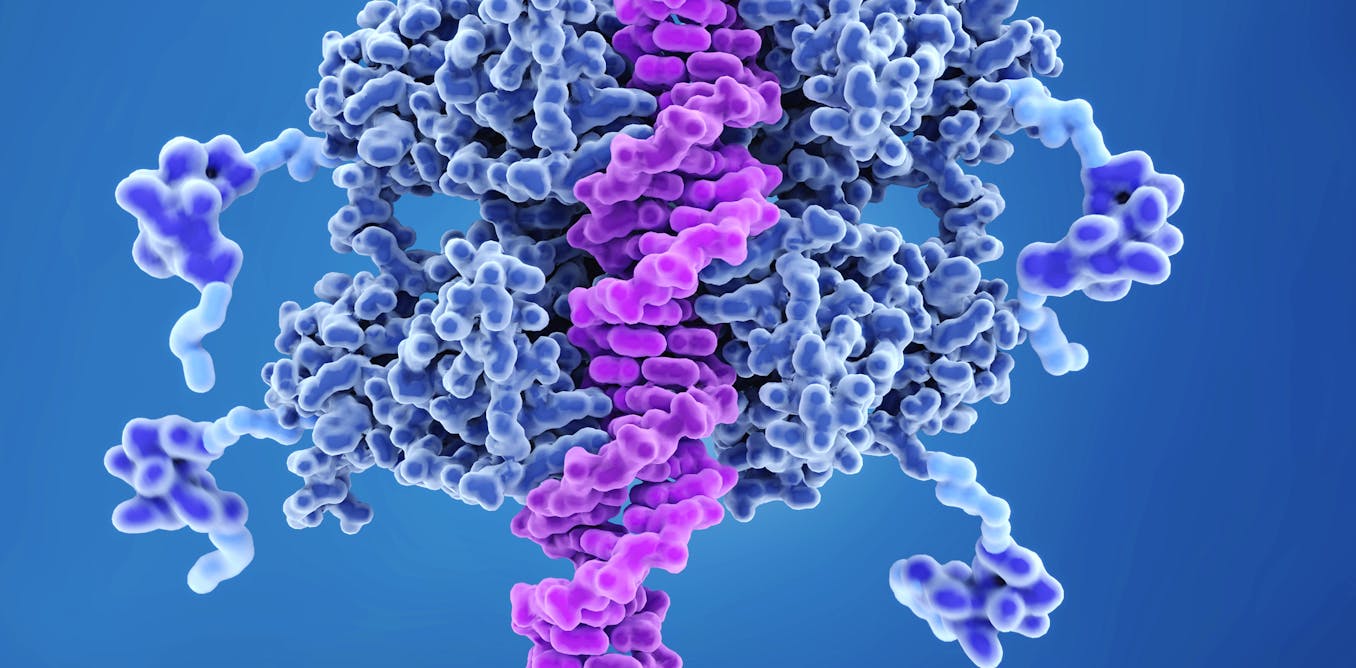Cancer research in the US is world class because of its broad base of funding − with the government pulling out, its future is uncertain
Since 1971, the US has led the world in funding cancer research and developing new treatments that have driven down death rates. This may soon no longer be the case.
April 28, 2025 • ~12 min









